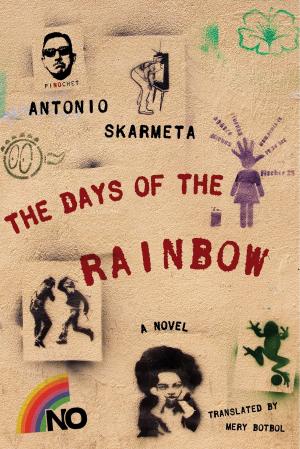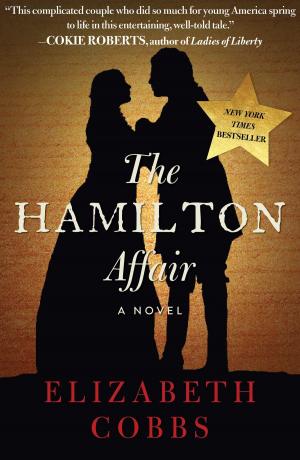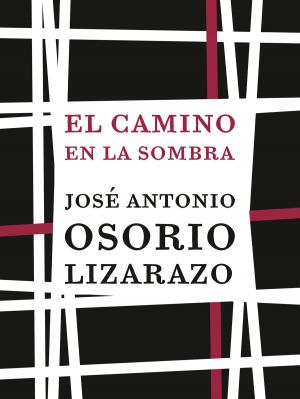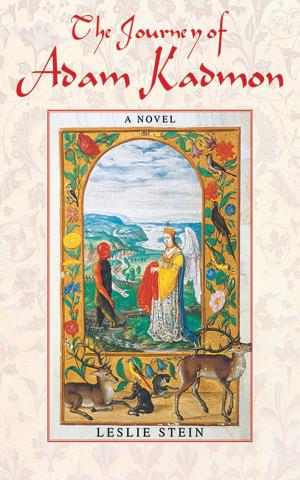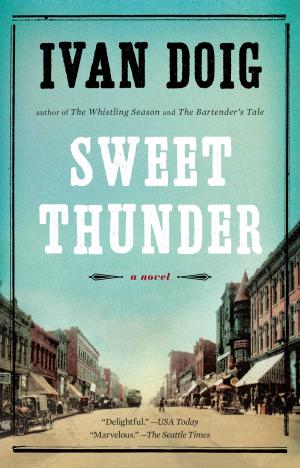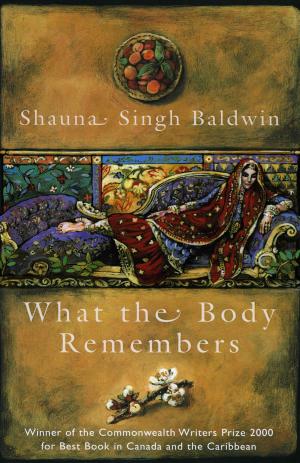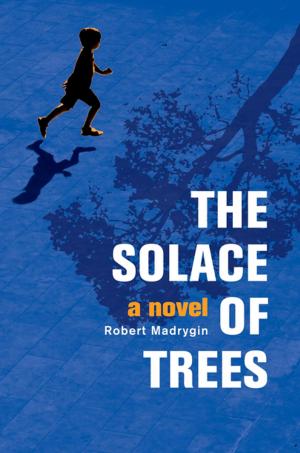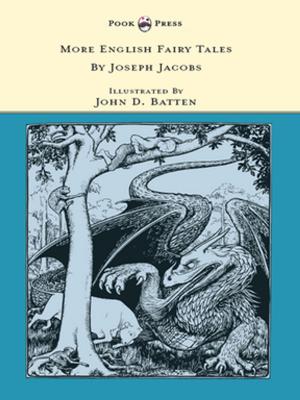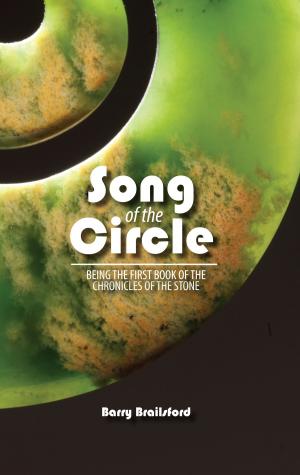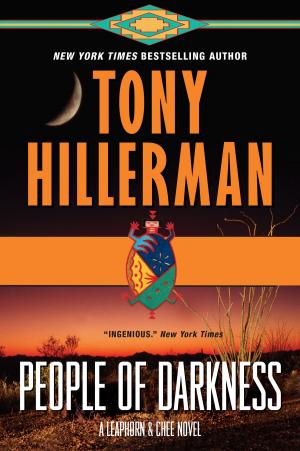| Author: | Clive Cooke | ISBN: | 9780463042069 |
| Publisher: | Clive Cooke | Publication: | October 3, 2018 |
| Imprint: | Smashwords Edition | Language: | English |
| Author: | Clive Cooke |
| ISBN: | 9780463042069 |
| Publisher: | Clive Cooke |
| Publication: | October 3, 2018 |
| Imprint: | Smashwords Edition |
| Language: | English |
“The Naturalist” is a dramatization of the first large battle in the Anglo-Zulu War of 1879. It is based on an anecdote about a British trooper catching butterflies while waiting for the battle to begin.
“The Tramp” is set during the Anglo-Boer war of 1899. An isolated farm in the Orange Free State is relatively untouched by the war until it is visited by a Boer commando. Surprisingly, the commando abducts a tramp who is lodging in the barn. The tramp is well educated while none of the burghers in the commando can read or write. They use him to communicate with other commandos in the field.
“Any Fish To-day?” is a pastoral tale about growing up in the countryside. The young boy in the story is witness to the forced removal of people of colour from the so-called “white” suburbs. Many years later, he is reminded of the incident when he chances on a fishmonger’s horn.
“White Man’s Muti” compares witchcraft of the European and African varieties.
“The Resurrection” is a humorous story about a rogue who tries to escape his debts and his family.
“I Want My Cows” traces the effect of the labour laws of fifty years ago on family life.
“Alarm” is a humorous story about a rogue who invests in technology to cover his tracks. Unfortunately for him, it is the technology that unmasks him.
“Homecoming 1” is a charming story of a young country boy returning home to boast about making the big time in the city. However, he is in for a lesson from the villagers who remind him about the African tradition of Ubuntu, or sharing one’s good fortune with others.
“Homecoming 2” is a homecoming of a completely different sort. A university professor returns to the country of her birth and by chance ends up having dinner on the first night of her arrival with the man who used to employ her as a servant. What could have been an interesting cultural exchange turns out to be a minefield of misunderstanding, stereotyping and blame.
“A Little White Lie” is set in the Anglo-Boer War of 1899 during the siege of a small town. Both sides claim that this is a white man’s war and that blacks are not involved. Both sides lie: a little white lie.
“The Entrepreneur” is a humorous story about the street vendors in central Johannesburg.
“The Crocodile Queen” is based on African myths and legends.
“A Midsummer Night’s Dream” is the African version of Shakespeare’s play of that name.
In “Rebellion” the descendants of the leader of the colonial force that defeated the rebels in the Bambatha Rebellion of 1906, reap the harvest sown by their ancestor.
“Baboon’s Hat” is a light-hearted look at a village isolated by high mountains and forgotten by the rest of the world until one day the authorities, in their wisdom, decide to build a road there.
“Letters Home” describes first large battle of the Anglo-Boer War of 1899 from the letters written by the troopers and from the official reports written by the officers. The points of view expressed by the troopers and the officers differ substantially.
“Marriage à la Mode” is a humorous story about getting caught in the sticky web spun by civil servants.
“Division of the Spoils” is the last will and testament which great-grandmother Zodwa has worked out in her head. Her three daughters are beside themselves with worry because the old lady has not written it down. They resort to negotiating with one another. But, can the three sisters trust one other?
“Zama-Zama” is the name given to illegal miners. A whole industry of illegal miners works the closed shafts of the gold mines. The miners come from all over Africa. It is dangerous work. Many are fated to return home in a coffin.
“Maritzburg Station” is the last story in the collection. We follow the escapades of a privileged boy at boarding school. He is a loser and a rebel. He becomes drawn into an outreach programme building classrooms for an underprivileged school. His motives for joining the programme are pure self-interest, but the programme ultimately has beneficial results for him.
“The Naturalist” is a dramatization of the first large battle in the Anglo-Zulu War of 1879. It is based on an anecdote about a British trooper catching butterflies while waiting for the battle to begin.
“The Tramp” is set during the Anglo-Boer war of 1899. An isolated farm in the Orange Free State is relatively untouched by the war until it is visited by a Boer commando. Surprisingly, the commando abducts a tramp who is lodging in the barn. The tramp is well educated while none of the burghers in the commando can read or write. They use him to communicate with other commandos in the field.
“Any Fish To-day?” is a pastoral tale about growing up in the countryside. The young boy in the story is witness to the forced removal of people of colour from the so-called “white” suburbs. Many years later, he is reminded of the incident when he chances on a fishmonger’s horn.
“White Man’s Muti” compares witchcraft of the European and African varieties.
“The Resurrection” is a humorous story about a rogue who tries to escape his debts and his family.
“I Want My Cows” traces the effect of the labour laws of fifty years ago on family life.
“Alarm” is a humorous story about a rogue who invests in technology to cover his tracks. Unfortunately for him, it is the technology that unmasks him.
“Homecoming 1” is a charming story of a young country boy returning home to boast about making the big time in the city. However, he is in for a lesson from the villagers who remind him about the African tradition of Ubuntu, or sharing one’s good fortune with others.
“Homecoming 2” is a homecoming of a completely different sort. A university professor returns to the country of her birth and by chance ends up having dinner on the first night of her arrival with the man who used to employ her as a servant. What could have been an interesting cultural exchange turns out to be a minefield of misunderstanding, stereotyping and blame.
“A Little White Lie” is set in the Anglo-Boer War of 1899 during the siege of a small town. Both sides claim that this is a white man’s war and that blacks are not involved. Both sides lie: a little white lie.
“The Entrepreneur” is a humorous story about the street vendors in central Johannesburg.
“The Crocodile Queen” is based on African myths and legends.
“A Midsummer Night’s Dream” is the African version of Shakespeare’s play of that name.
In “Rebellion” the descendants of the leader of the colonial force that defeated the rebels in the Bambatha Rebellion of 1906, reap the harvest sown by their ancestor.
“Baboon’s Hat” is a light-hearted look at a village isolated by high mountains and forgotten by the rest of the world until one day the authorities, in their wisdom, decide to build a road there.
“Letters Home” describes first large battle of the Anglo-Boer War of 1899 from the letters written by the troopers and from the official reports written by the officers. The points of view expressed by the troopers and the officers differ substantially.
“Marriage à la Mode” is a humorous story about getting caught in the sticky web spun by civil servants.
“Division of the Spoils” is the last will and testament which great-grandmother Zodwa has worked out in her head. Her three daughters are beside themselves with worry because the old lady has not written it down. They resort to negotiating with one another. But, can the three sisters trust one other?
“Zama-Zama” is the name given to illegal miners. A whole industry of illegal miners works the closed shafts of the gold mines. The miners come from all over Africa. It is dangerous work. Many are fated to return home in a coffin.
“Maritzburg Station” is the last story in the collection. We follow the escapades of a privileged boy at boarding school. He is a loser and a rebel. He becomes drawn into an outreach programme building classrooms for an underprivileged school. His motives for joining the programme are pure self-interest, but the programme ultimately has beneficial results for him.

